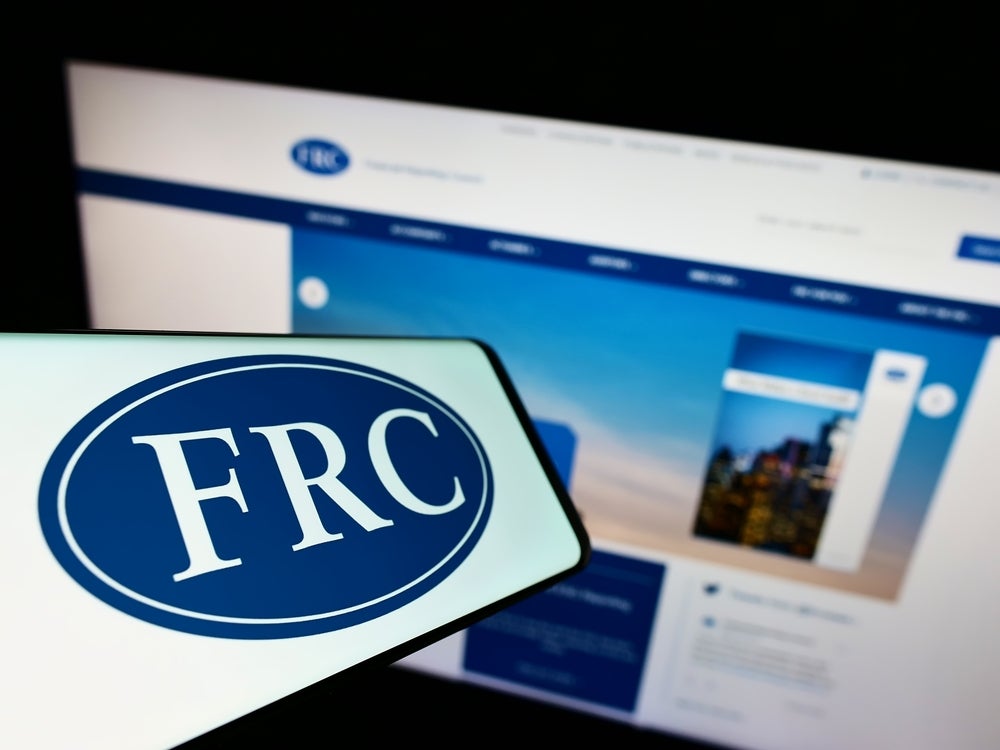The UK’s Financial Reporting Council (FRC) has issued major revisions to its Ethical Standard and revised Auditing Standards in an effort to strengthen auditor independence and prevent conflicts of interest.
The revisions incorporate changes to international ethical requirements, which now prohibit auditors from providing recruitment and remuneration services or playing any part in management decision making. Public interest entity (PIE) auditors will now only be allowed to provide non-audit services which are closely linked to the audit itself or required by law or regulation.
The revisions are the result of a post implementation review, supported by two public consultations. The FRC has said it will also monitor the outcome of the Brydon review and consider whether further changes to standards are necessary when the recommendations are implemented. The revisions to the standards are due to come into effect in March 2020.
FRC chief executive Jon Thompson said: “High quality audit supports the effective functioning of capital markets and gives investors confidence.
“Where audit fails, that confidence is undermined. The steps we have taken in revising our standards include measures which our stakeholders have identified as important to strengthen their confidence in audit, by ensuring greater independence and a focus on delivering high quality and consistent work.”
The FRC also consulted on whether further entities beyond PIEs should be subject to the more stringent non-audit services requirements. The FRC noted that this notion received widespread support but a decision on this has been deferred until early next year after the Brydon report has been published to ensure a consistent approach.
How well do you really know your competitors?
Access the most comprehensive Company Profiles on the market, powered by GlobalData. Save hours of research. Gain competitive edge.

Thank you!
Your download email will arrive shortly
Not ready to buy yet? Download a free sample
We are confident about the unique quality of our Company Profiles. However, we want you to make the most beneficial decision for your business, so we offer a free sample that you can download by submitting the below form
By GlobalDataDeloitte UK deputy CEO and managing partner for audit and assurance and public policy Stephen Griggs said: “The FRC’s broad package of proposals is a welcome move to address perceptions that may persist around auditors’ independence.
“We have long argued that greater clarity on the work that auditors can, and cannot, do for the entities that they audit is crucial to maintaining trust in the profession. The FRC’s guidance is important in firmly establishing rules around this.
“We are mindful of the perception that auditors are incentivised to cross-sell unrelated advisory work and, in our response to the CMA, we proposed ceasing non-essential non-audit services to the companies we audit.”
Griggs concluded: “In reality, a significant proportion of current ‘non-audit’ work is directly associated with our role as auditors and includes the review of half-year releases, assurance work associated with bond offerings and supporting capital market transactions. All of these are technically classed as ‘non-audit’ services but, in practice, the auditor is best placed, and in some cases actually required, to do them.”





